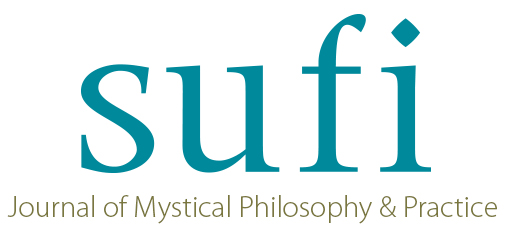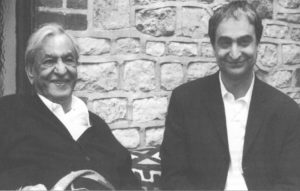 A Conversation with Professor John McGuckin
A Conversation with Professor John McGuckin
Interview by Llewellyn Smith and Christine Herbes
“Yes, God reveals himself through the heart more than the head. And so when you read the scripture, read it as prayer. You know until, as they say, something strikes you in the heart and you feel the warmth, and then stay with that. Now that’s a very, very different approach. Its like a practitioner going to a tool shed with inspiration leading him or her to the tools needed for the spiritual work of the moment, as opposed to a theologian who sees scripture as a whole set of texts, legal constitutions. That’s the difference.” – John McGuckin
Visit the Store to Subscribe or Buy the Current Issue and Back Issues





